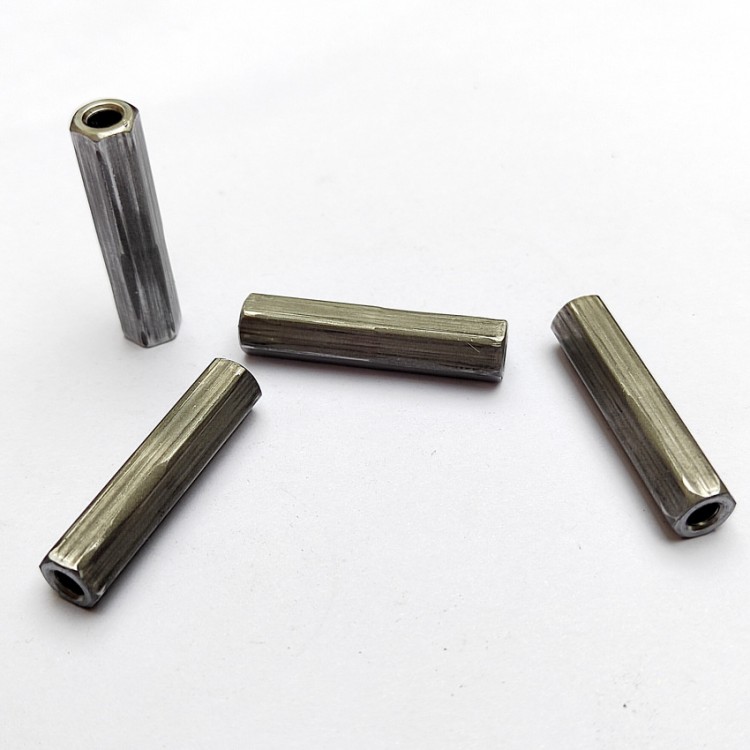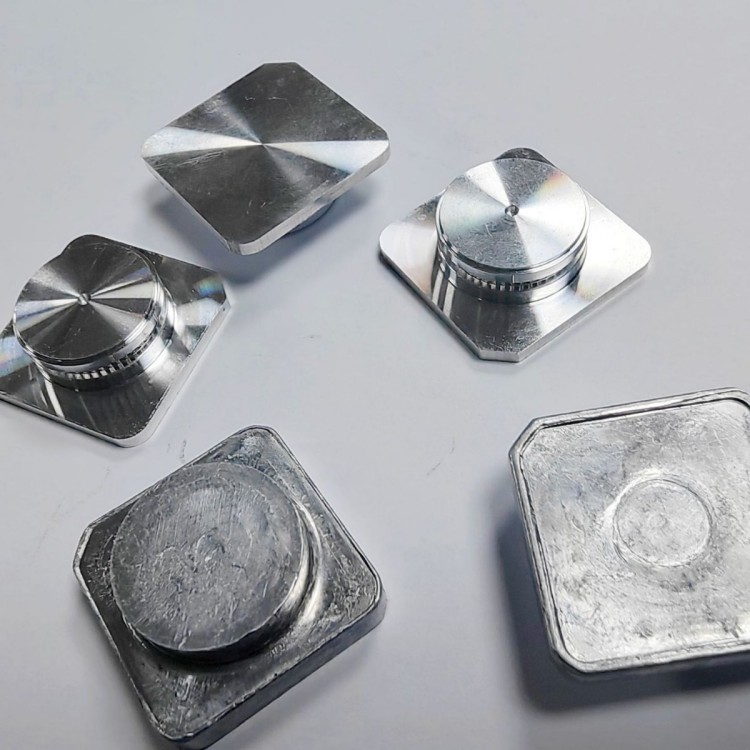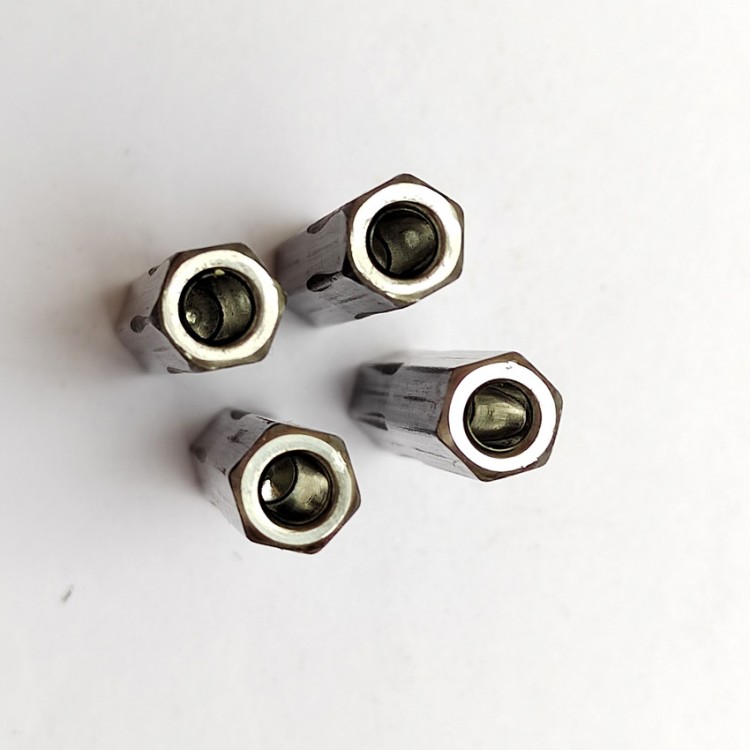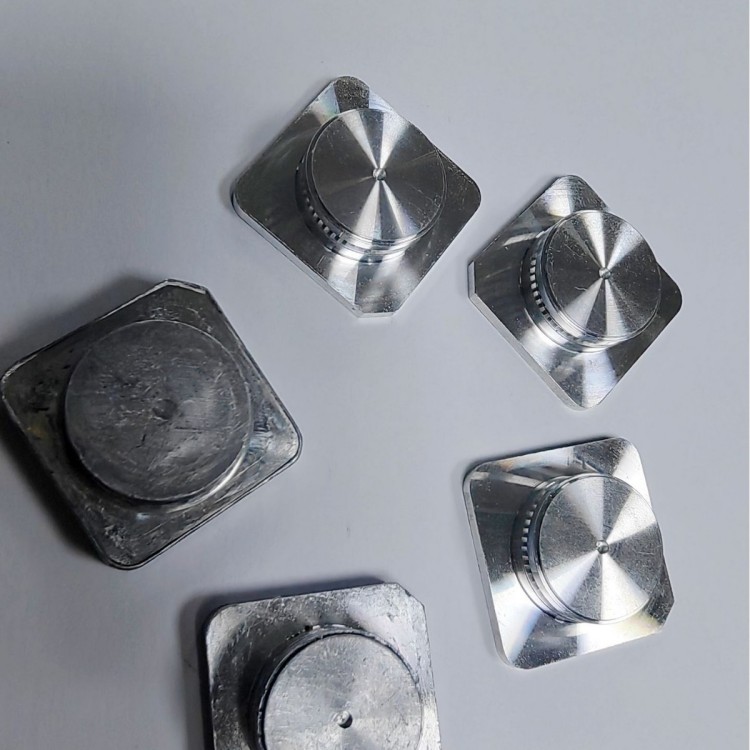- Time:2024/11/20 Posted:Dongguan Jierui Hardware Technology Co., Ltd
The fastener industry has seen significant advancements over the years, and cold forming non-standard fasteners have become a go-to solution for many specialized applications. Known for their strength, precision, and efficiency, these fasteners offer flexibility that makes them suitable for industries with unique requirements, such as aerospace, automotive, and construction. In this article, we’ll explore the customization potential of cold forming non-standard fasteners, the role of cold forming non-standard fasteners manufacturers, and how to choose the right cold forming non-standard fasteners factory for your needs.
1. What Are Cold Forming Non-Standard Fasteners?
Cold forming, also known as cold heading, is a manufacturing process that shapes metal at room temperature using high-pressure equipment. Unlike machining or casting, cold forming reshapes raw material without cutting or melting it, preserving its strength while minimizing waste.
Non-standard fasteners are those designed and produced to meet specific requirements that standard fasteners cannot fulfill. When combined, cold forming and non-standard fasteners create a solution tailored to highly specialized applications.
Benefits of Cold Forming Non-Standard Fasteners:
Exceptional strength due to grain flow preservation.
High precision, ensuring tight tolerances.
Efficient production for high-volume requirements.
Versatility in materials and designs.

2. Customization in Cold Forming Non-Standard Fasteners
One of the key advantages of cold forming technology is its ability to accommodate customization. From unique shapes to specialized materials, cold forming provides unparalleled flexibility for designing fasteners.
a. Customizable Features
- Size and Shape: Fasteners can be made in a variety of sizes, from micro-sized components to larger industrial-grade pieces. Unique shapes, such as hexagonal or square heads, can also be achieved.
- Threading: Custom threading options ensure compatibility with specific applications.
- Materials: Manufacturers can work with a range of materials, including stainless steel, aluminum, brass, and titanium, to meet strength and durability requirements.
- Finishes and Coatings: Additional coatings, such as zinc plating or anodizing, enhance corrosion resistance and aesthetics.
b. Industry-Specific Requirements
Cold forming allows fasteners to be tailored to the needs of various industries:
- Aerospace: Lightweight yet durable fasteners for high-performance aircraft components.
- Automotive: Custom bolts and screws for engines, chassis, and electrical systems.
Construction: High-strength anchors and bolts for structural stability.

3. How Manufacturers Enable Customization
Leading cold forming non-standard fasteners manufacturers leverage advanced technology and expertise to deliver customized solutions. Here’s how they make it happen:
a. Design Collaboration
Manufacturers work closely with clients to understand their unique requirements. Using CAD software and engineering expertise, they create detailed designs for approval before production.
b. Advanced Machinery
Modern cold forming equipment ensures precision and consistency, even for complex designs. Multiple die configurations enable the creation of intricate shapes and features.
c. Material Expertise
Experienced manufacturers can recommend the best materials for specific applications, balancing factors such as strength, weight, and corrosion resistance.
d. Testing and Quality Control
Reputable manufacturers subject their products to rigorous testing, ensuring that customized fasteners meet industry standards for performance and safety.

4. Choosing the Right Cold Forming Non-Standard Fasteners Factory
Selecting the right cold forming non-standard fasteners factory is critical to achieving high-quality custom fasteners. Consider the following factors:
a. Experience and Expertise
Look for factories with a proven track record in cold forming and a history of serving industries similar to yours.
b. Customization Capabilities
The factory should have the tools, machinery, and knowledge to handle your specific customization needs.
c. Material Range
Choose a factory that works with a variety of materials to ensure your requirements are met.
d. Certifications and Standards
Ensure the factory complies with relevant industry standards, such as ISO 9001, for quality assurance.
e. Reputation
Research customer reviews and testimonials to gauge the reliability and quality of the factory’s products.

5. Applications of Custom Cold Forming Non-Standard Fasteners
a. Industrial Machinery
High-strength fasteners tailored for equipment that operates under extreme conditions.
b. Consumer Electronics
Miniature fasteners designed for compact devices, ensuring precise assembly.
c. Renewable Energy
Corrosion-resistant fasteners used in wind turbines and solar panels.
d. Medical Devices
Custom screws and pins used in surgical instruments and implants.
Conclusion:
Cold forming technology has transformed the fastener industry by offering efficient, high-quality solutions tailored to unique requirements. Cold forming non-standard fasteners can be customized in size, shape, material, and functionality, making them ideal for a variety of applications.
By working with experienced cold forming non-standard fasteners manufacturers, you can ensure that your custom fasteners meet the highest standards of precision and durability. Factories like Jierui combine state-of-the-art machinery with deep industry knowledge to deliver fasteners that exceed expectations.
For any project requiring reliable and customized fastening solutions, cold forming technology provides a versatile and cost-effective answer.
